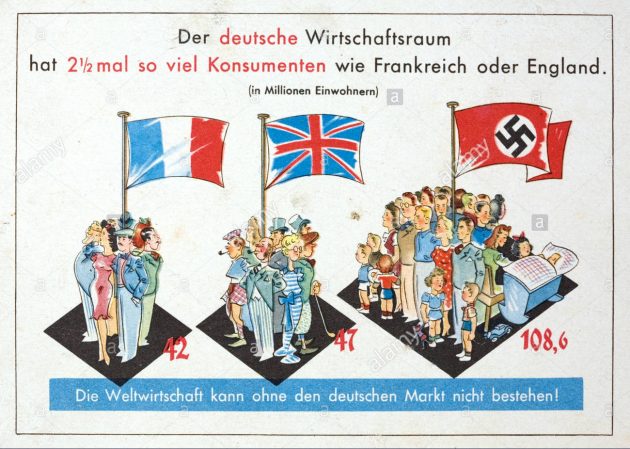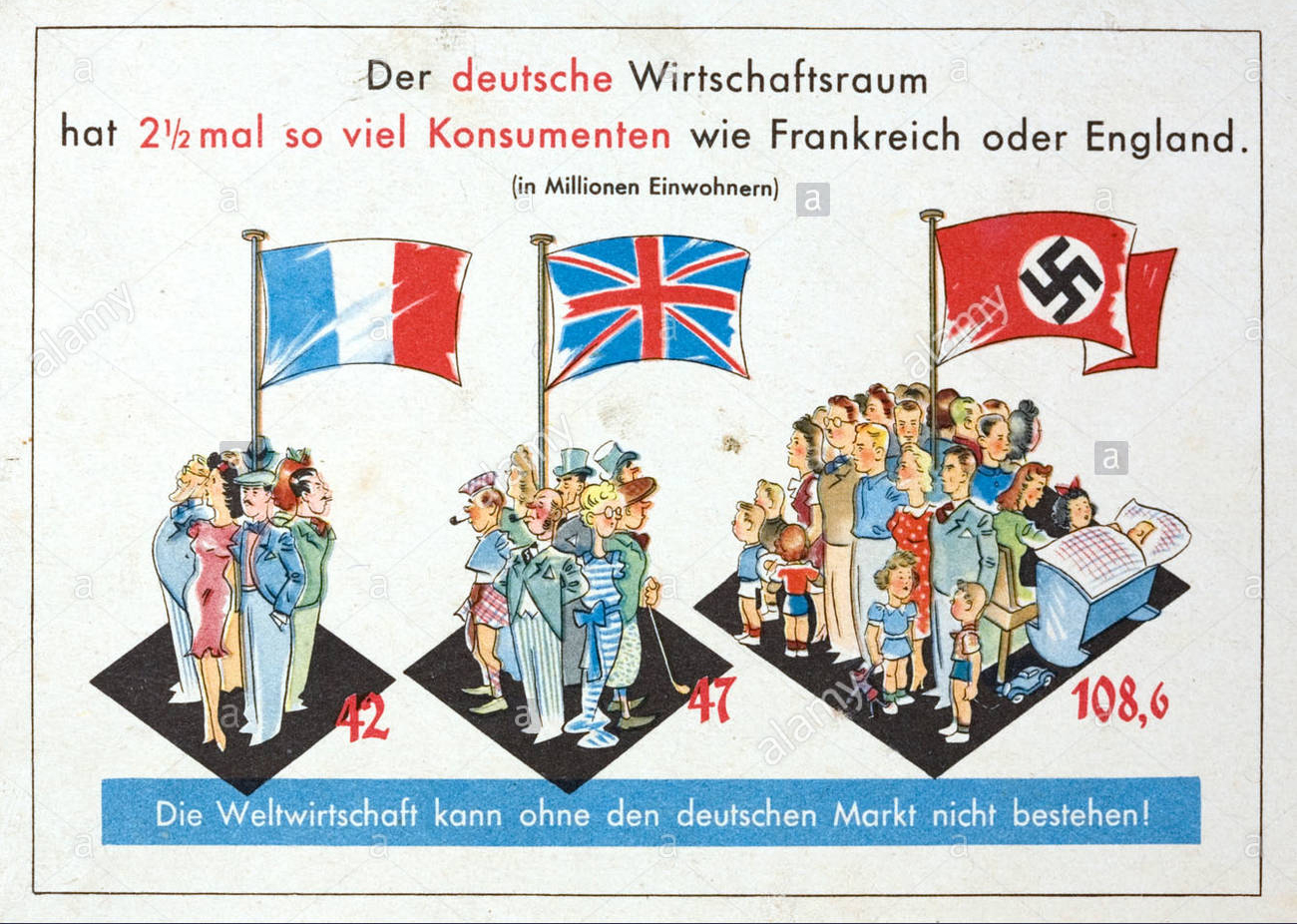For four years now, we’ve had to endure the media elite’s incessant shrieking that President Donald Trump is “literally Hitler”. This is a failure of both English language usage and historical awareness. By definition, Trump cannot be literally Hitler – only Hitler was or ever will be literally Hitler.
That, at least, can be put down to the modern media’s practical illiteracy. The people whose literal job is words have as poor a grasp of spelling and grammar as would have seen them packed off to Remedial English classes just a few decades ago. I challenge you to find, for instance, the handful of journalists who are capable of using a word like “enormity” accurately.
But these credentialled morons are failing not only English, but History. By any meaningful measure, Donald Trump is nothing like Hitler – his obvious philosemitism being just one glaring example. Unfortunately, the ignorance of the cultural elites has consequences beyond the pain of enduring the unceasing din of their witless yammering.
The most dangerous consequence is that the elites, from the boardrooms to the lecture halls, are repeating a key part of the history of the very Nazi bogeyman they so incessantly invoke.
The elites are facilitating the global rise of a regime which, by any objective measure, long ago left the Nazis for dust.
Despite its vast war machine, brute force was far from the only, or indeed most important, weapon the Nazis wielded in the pre-War years. Along with relentless propaganda, the Nazi regime wielded economic relations as an instrument of foreign policy. This is nothing unusual – indeed, the Nazis merely refined Weimar policies – but what must be understood is how the Nazis used trade as a means of building alliances and weakening enemies in the lead-up to war.
The regime’s 1934 “New Plan”, which underpinned the Nazi economic recovery, and even more so Hermann Goring’s Four-Year Plan in 1936, linked trade policy to the acquisition and exercise of influence over dependent countries, subordinating economic efficiency to political power[…]
The results did not take long to materialise. By combining preferential trade agreements with investments that redirected the target economies to serving the German market, the Nazis reshaped European trade. By 1938, the Balkan economies were heavily dependent on trade with Germany, which had grown in less than a decade from insignificance to 5 per cent of their GDP.
Nor was Germany shy about exploiting the sway that dependence entailed: mingling inducements with frequent and credible threats, it first detached those states from the French and British spheres of influence, then made them into acquiescent neutrals, before finally converting them into more or less willing allies. If it succeeded, it was also because the gains to the dependent economies were so large.
The biggest beneficiaries of Nazi trade largesse were the elites. Which bought the Nazis exactly the influence they wanted.

But while the dependent economies thrived, the gains were hardly widely distributed, instead flowing mainly to narrow business, political and academic elites. And as well as new-found wealth, which made the region’s business leaders staunch defenders of German interests, elites in the dependent economies benefited from Germany’s rapidly expanding programs of cultural diplomacy.
Endorsed by Hitler himself in 1937[…]institutions such as the German Cultural Institute and the Southeast-Europe Society distributed generous grants to cash-starved universities, research centres and journalists in exchange for their willingness to take a “balanced, realistic and responsible” attitude to the Nazi regime.
Academics and prominent intellectuals[…]flattered by the treatment they received on frequent trips to the Reich, proved especially supine, excusing the Nazis’ anti-Semitism and their incessant rants, harassing and helping to repress anti-German protesters, and fostering the climate of opinion that led so many of their countrymen into the moral cesspit of collaboration. At the same time, as a self-proclaimed “propagandistic state”, Germany used its lead in wireless telecommunications to ensure that there was “no escaping the news from Germany”, allowing Nazi views to command the region’s airwaves.
A murderous, totalitarian regime with a bent for genocide, buying up influence with useful-idiot elites in business, politics and academia. Businessmen and academics turning a blind eye in exchange for bloodstained lucre. Intellectuals and academics helping to repress dissent. The regime using the latest communications technology to spread its propaganda.
Does any of this sound familiar in 2020?

If you enjoyed this BFD article please consider sharing it with your friends.

